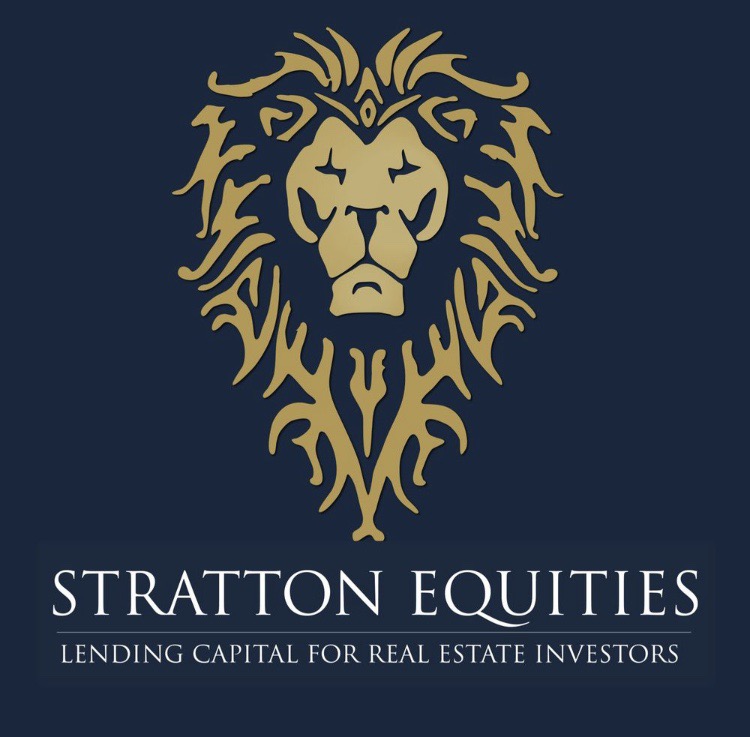Who Does Asset-Based Mortgages?
- Stratton Equities

- Jul 16, 2022
- 3 min read
Updated: Feb 9, 2024
Looking for an asset-based mortgage? There are plenty of options out there from bank loans to private lenders. But here is why you might want to consider private lenders more than you think.
There are numerous benefits that private lenders hold over conventional bank loans that make them more appealing to real estate investment enthusiasts and loan seekers. For example, there is less bureaucracy and regulations that private lenders have to deal with. For the most part, private lenders hold all the control as to what they can and are willing to do as they are the ones risking their own money. In comparison, banks deal with executive chains of command that process, calculate, check, and double-check, and that can take months just to complete and hear back on. Additionally, private lenders don’t have to deal with an inordinate amount of paperwork and documentation that slows down the approval and financing process as they can have a closer and more intimate relationship with their clients such that they would be more willing and reasonable in taking risks that the hierarchical bank system is less willing to do. All of this coalesces into private lenders being easier to engage with and get approval for loans (you just have to demonstrate the main, principal points about the property and the investment) as well as more convenient and useful when creating a coherent financial plan. Overall, these are some of the primary benefits that private lenders have over banks when dealing with asset-based mortgages.
So what are asset-based mortgages and why might they be for you? Asset-based mortgages are simply mortgages, or loans, that utilize the property itself, or an equivalent-valued asset in some cases, as a form of collateral in the event that things do not go as planned. Because private lenders deal with a less stringent and thoroughly-checked client base and the money being risked is mostly their own, they have to create ways in which the risk involved with the mortgage is worthwhile for them but still a strong incentive for borrowers. As such, making the investment property itself serve as the loan’s collateral is a normal option as this way there are not many strings attached in the event that the borrower defaults on the mortgage. Instead of chasing down the borrower for money that they don’t have, they can seize the property, hold it for a period of time or sell it off quickly to cover some of the costs of the investment deal. As for the borrower, they are only losing what they put into the property which shouldn’t be any more disappointing than their already failed real estate investment scheme.
However, it is worth reminding that all of this is only in the event that the mortgage is defaulted. Cases of this are not very common as most private lenders will work to ensure and create a comprehensive system and loan package that would likely not result in this outcome. Overall, private lenders are major players in the asset-based lending scene such that they are simple to deal with and they can provide great and reasonable deals for your property. While general costs and interest rates are higher than a conventional loan, the process will be much more efficient and less frustrating as you would receive immediate and clear responses from the private lenders. Additionally, private lenders offer various different types of asset-based mortgages ranging from Hard Money, Bridge Loans, Rental Loans, and more.
If you are interested in acquiring an asset-based mortgage, visit the leading nationwide direct Hard Money and NON-QM lender for real estate investors, Stratton Equities today.






Комментарии